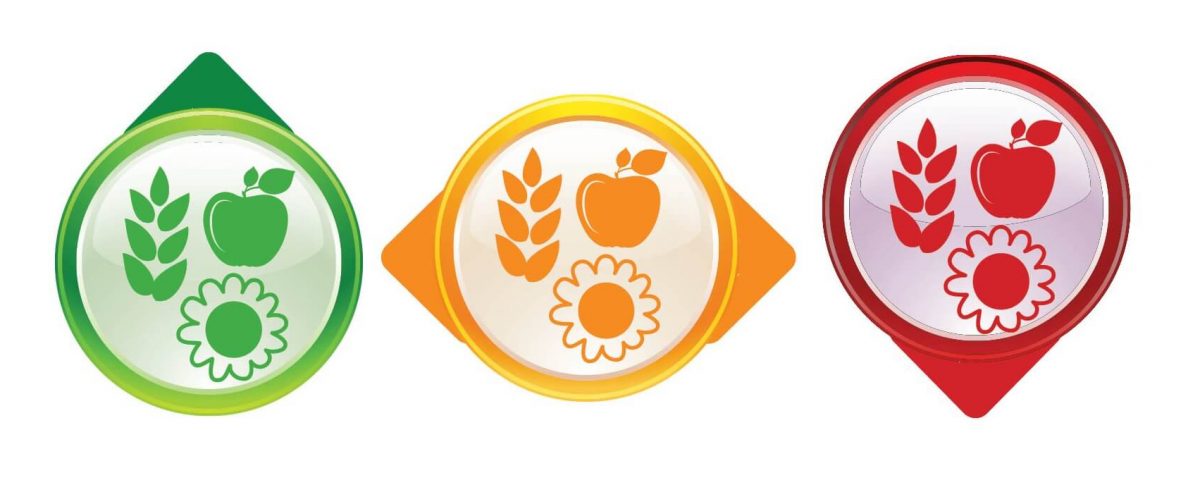#AgriMarkets: Africa accounts for only 4% of global wheat production

Agriculture commodity price on exports drop significantly
August 10, 2018
Farmers Advised to Conserve Water
August 15, 2018
The International Grains Council (IGC) forecasts Africa’s 2018/2019 wheat production at 27,4 million tons, up by 3% from the previous season due to expectations of a fairly good harvest in South Africa. While this is a welcome development, the continent remains a small player in the global wheat market, accounting for roughly 4% of the expected 721 million tons in the 2018/2019 season.
The leading wheat producing countries on the African continent are Egypt, Morocco, Ethiopia, Algeria, South Africa and Tunisia, accounting for 31%, 26%, 16%, 11% , 7% and 4% , respectively. The remaining 5% is produced by other countries on the continent.
This, however, will not fulfil the continent’s annual wheat needs. Africa’s 2018/2019 wheat imports are estimated at 52 million tons, roughly unchanged from the previous season. The North African countries are the largest importers as bread is one of the staple foods in a number of countries such as Egypt, Algeria and Morocco. These three countries collectively account for 47% of Africa’s wheat imports.
In the sub-Saharan region, the largest wheat importers are Nigeria, Sudan, Kenya, South Africa and Ethiopia, which collectively account for 25% of Africa’s wheat imports in the 2018/2019 season. The key suppliers of wheat to the continent are largely the Black Sea countries, the United States (US) and the European Union countries.
On the domestic front, the International Grains Council forecasts South Africa’s 2018/2019 wheat production at 1,7 million tons, which is 13% higher than the previous season’s harvest. This is on the back of an expansion in area planted and expectations of better yields in some parts of the country.
This past weekend (ending 5 August 2018), the leading wheat producing province, the Western Cape, received light and scattered showers which are a welcome development, although not sufficient to replenish soil moisture. The weather forecast for the week shows prospects of continuous rainfall over most parts the province. – Wandile Sihlobo
Wandile Sihlobo, head of economic and agribusiness intelligence at Agbiz, shares highlights in his update on agricultural commodity markets. Click here for the full report on agri markets for the major commodities.
Sourced: Agri-orbit



